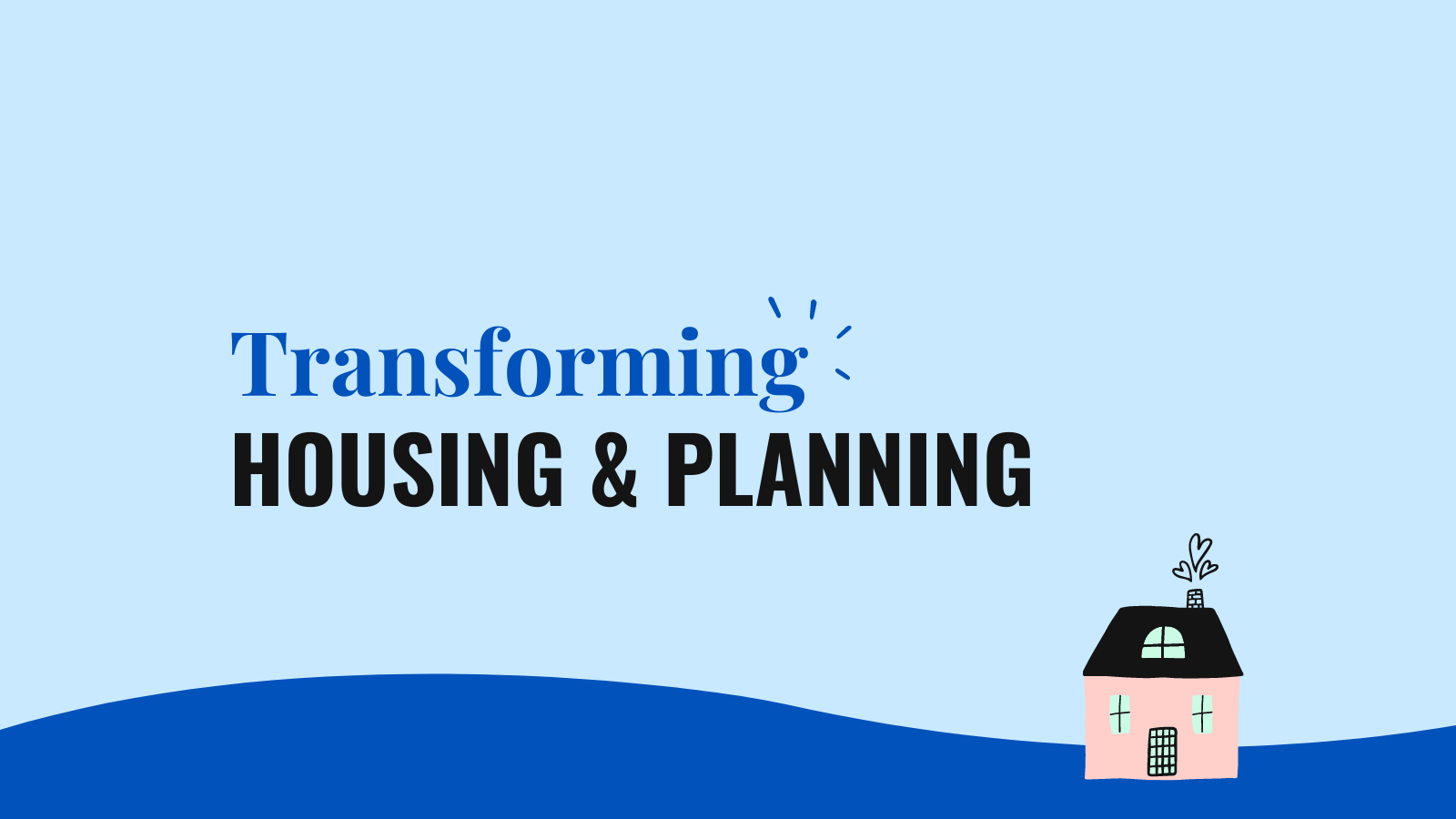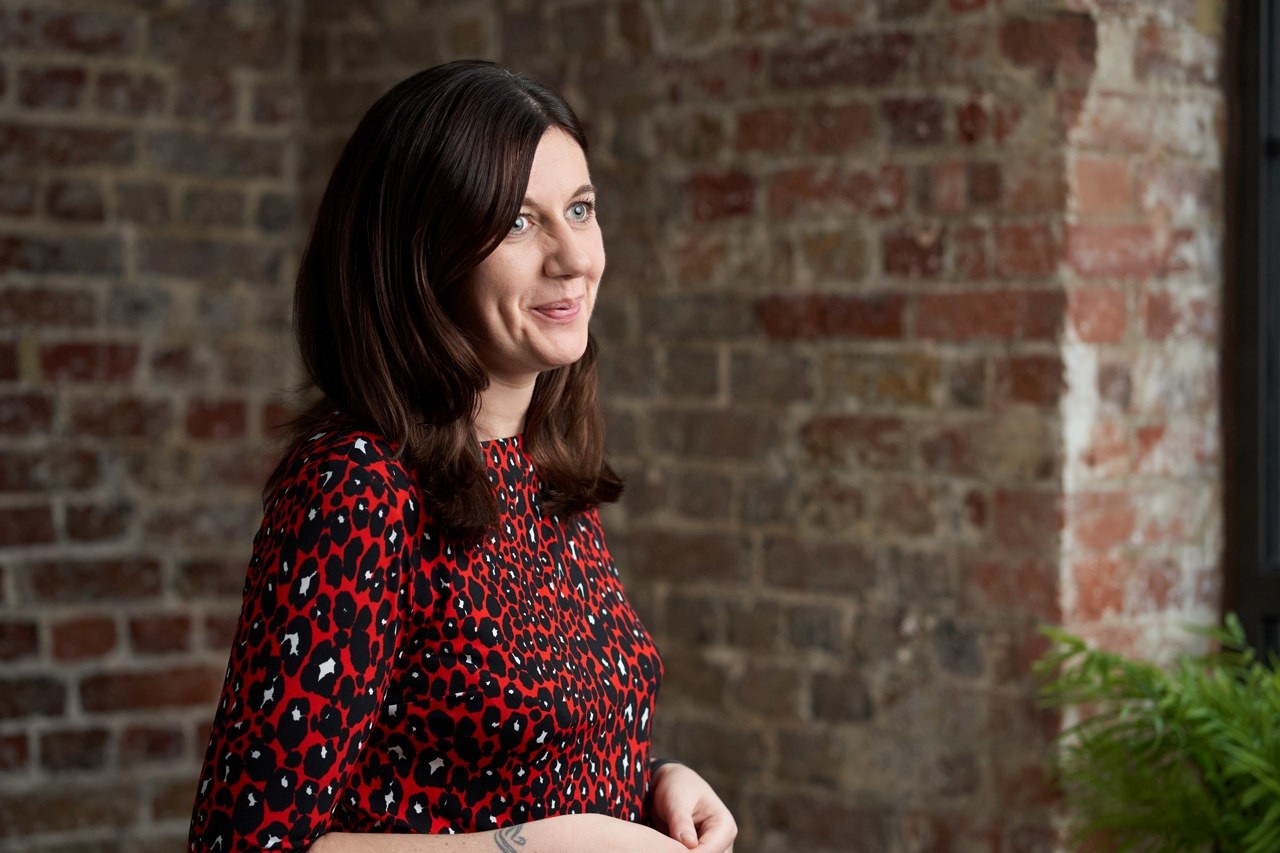My career began in 2002 as a receptionist at a company that did a lot of strategy work in housing, where I quickly became fascinated by the strategic work surrounding the sector. The energy and passion of the people I worked with inspired me to consider a career in the sector. Over time, I moved into consultancy roles, tackling business planning and financial viability, eventually becoming a qualified accountant and then moving into real estate and construction project management. My hands-on experience with project management gave me insights into every phase of a building's life cycle, from early design and feasibility to planning, procurement, and delivery.
Today, as part of Cast, I work as a project manager and strategic advisor. My team and I collaborate with developers, investors, and government bodies, seeing projects from conception to completion, all with the goal of ensuring that our developments are not only financially viable but also serve their communities well.
The joy of creating livable spaces
Housing is deeply relatable. Every one of us lives somewhere, and we’ve all experienced how the design, function, or layout of our homes impacts our daily lives. What I love about my work is the ability to create communities where people feel a sense of belonging—a place they can genuinely call home. For me, housing is more than just building structures; it’s about creating a place where people can thrive, develop relationships, and feel connected to their surroundings.
There’s a unique satisfaction that comes from seeing a project come to life and knowing it will offer residents security and comfort. Each time we work on a master-planned development, I’m reminded that a home should be more than four walls; it’s about crafting an experience that fosters happiness, security, and pride in one’s community.
Addressing challenges in housing delivery
The path to delivering affordable, quality housing isn’t without challenges. One of the biggest hurdles we face in the UK is attracting the necessary investment. Compared to many other industries, housing projects often carry greater risks with lower returns, which makes them less appealing to investors. Balancing the need for quality and safety with financial feasibility is another significant challenge. While crucial regulations like the Building Safety Act are welcomed, they also increase costs and extend project timelines, impacting the overall viability.
Government support, particularly in the affordable housing sector, is vital in addressing these challenges, but we also need more efficient systems for tracking and monitoring our housing stock. Embracing digital tools for recording building components can streamline processes and reduce redundancies, ultimately making projects more efficient and attractive for investors.
Taking a digital approach
Digital innovation has enormous potential to address many of the issues the sector faces, but it must be integrated from the very start of a project. Often, solutions are brought in midway through, which limits their effectiveness. We design in digital environments, using tools like Revit, but these should be introduced earlier in the design process. By starting digital model-sharing earlier, we can anticipate and resolve design and coordination issues before they impact the project timeline or budget. I believe a fully integrated technological approach can enhance project viability, minimise delays, and reduce costs, making housing more accessible and affordable for everyone.
Building an open, collaborative industry
Looking to the future, I envision a more open and collaborative housing industry. Despite the strides made, there’s still too much “behind closed doors” behaviour, with limited sharing of information that could benefit everyone. The housing market is large enough for collaborative approaches, yet competitive barriers remain. By fostering a culture of transparency and shared learning, we could streamline processes, improve productivity, and ultimately make housing projects more financially viable.
I believe that true openness across the sector will lead to efficiencies that save money and improve outcomes, encouraging further investment. Collaboration shouldn’t be seen as a threat but rather as a necessary step towards meeting the housing demands of our communities. We’re moving in the right direction, but there’s much work to be done. If we can commit to a truly collaborative and digital-first industry, I’m confident we can create a brighter, more sustainable future for housing in the UK.

Rethinking transport for a digital age
Transforming transport with data-driven solutions is key to boosting connectivity, efficiency, and user experience in the transport sector.
Read more
Transforming housing & planning
We help organisations embrace digital infrastructure to streamline delivery and sustainable development, improve services and engage their citizens and customers.
Work with usOur recent insights
Transformation is for everyone. We love sharing our thoughts, approaches, learning and research all gained from the work we do.

Connecting government services for greater impact
Breaking down silos and joining up services is key to delivering better public outcomes. At our latest Digital Forum, we explored how to make it happen.
Read more
Building better public services with service patterns
As part of Services Week 2025, we explored how service patterns can create more consistent, efficient, and user centred services.
Read more
Designing cross-cutting public services
How we can join up systems, data, and policy to create connected public services that work for everyone.
Read more

